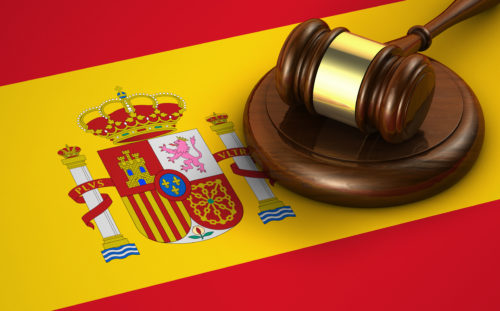
With experienced lawyers working in all areas of litigation we thought it would be helpful to look at the presentation of valid evidence in court proceedings. This can make all the difference in obtaining a decision in your favour in court in any of the following proceedings:
Claims to ownership of property
In Spain the escritura – notarial deed signed by the vendor and purchaser – is the key document. If for some reason that deed has never been registered at the Land Registry the production of it can resolve a dispute. If you have had occupation of the property and can provide evidence of all your payments for IBI, community fees, utilities etc, you may still be able to prove ownership but it is essential to have documentary proof.
Boundary disputes
Apart from the deeds of ownership the most important evidence will be a topografo or survey of the property and its boundaries. If more than one has been undertaken during previous years these also need to be presented. Other documents which can help are dated photo evidence, documents served on or responded to by neighbours, licences or Town Hall plans and sometimes a catastral plan if recently undertaken with aerial photography.
Debt orders
If you are seeking to reclaim monies owed to you, proof of facturas or invoices is essential if the money is owed for services rendered or goods supplied. These invoices must carry Iva if chargeable. Delivery notes or acceptance of terms signed by the recipient are also required. A private loan can be enforced if signed by both parties but it is always far better to sign a Notarial deed of recognition of debt.
Maintenance for children
We are often asked to make claims for unpaid maintenance. There can be an evidential problem if the payments have been made in cash on an ad hoc basis with nothing in writing. If you reach agreement about payment it is in the interests of both parties to have a formal record of the payments. The person making the payments will then have proof, and the person receiving can show if payments stop or they need to apply for an increase.
For more information and a private consultation in any of these areas of the law please contact us on 952 527 014 or email [email protected].
